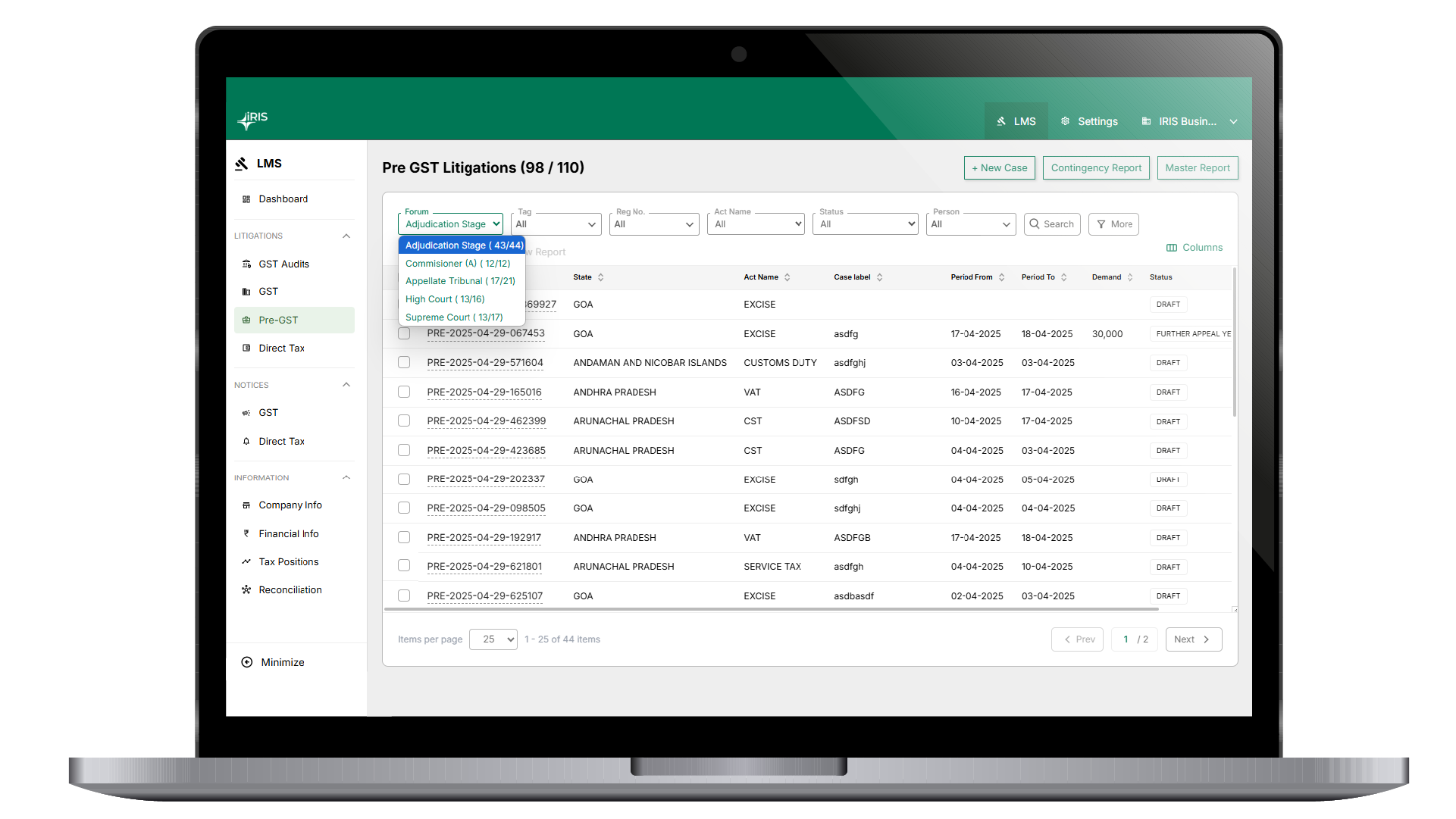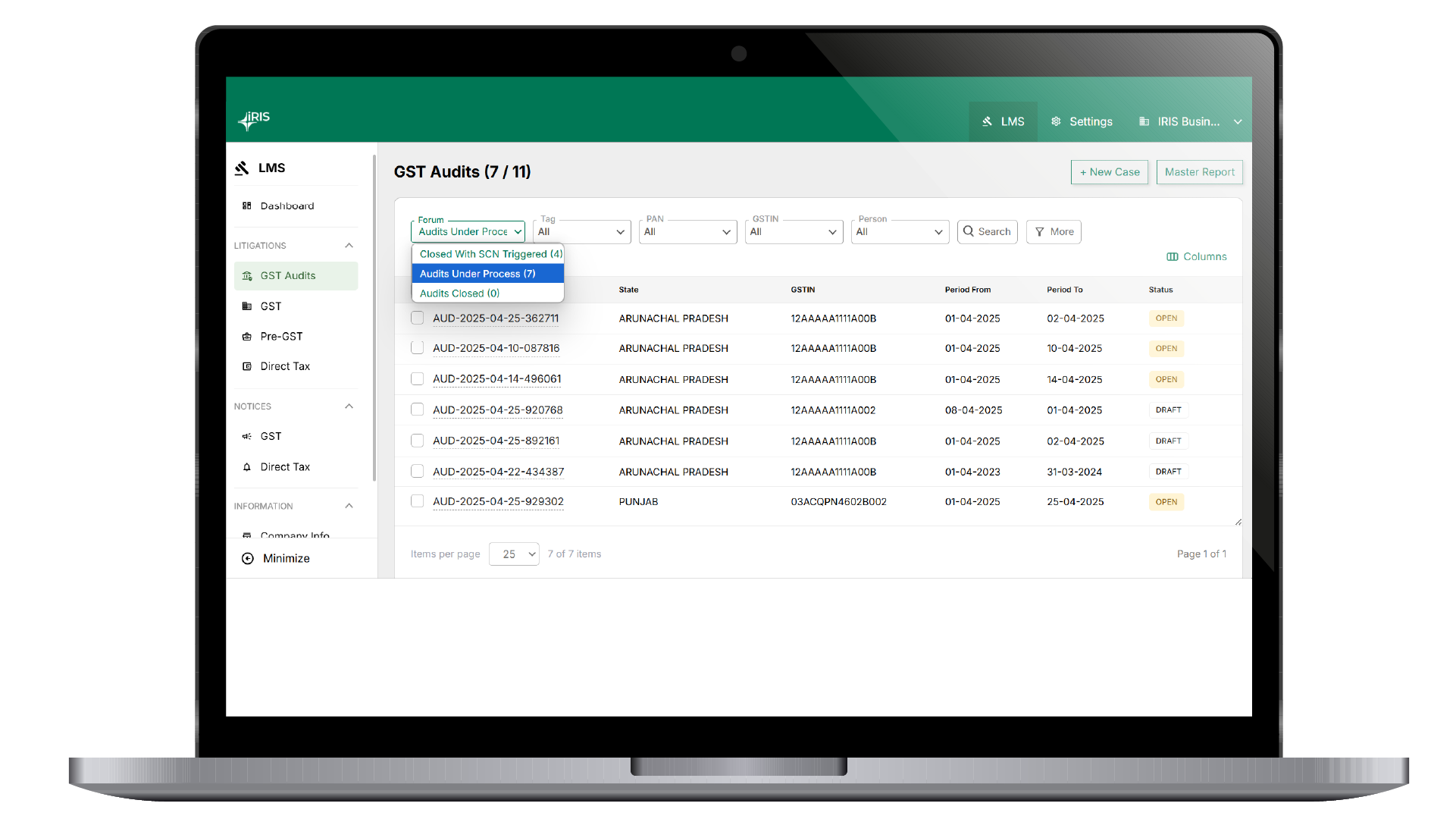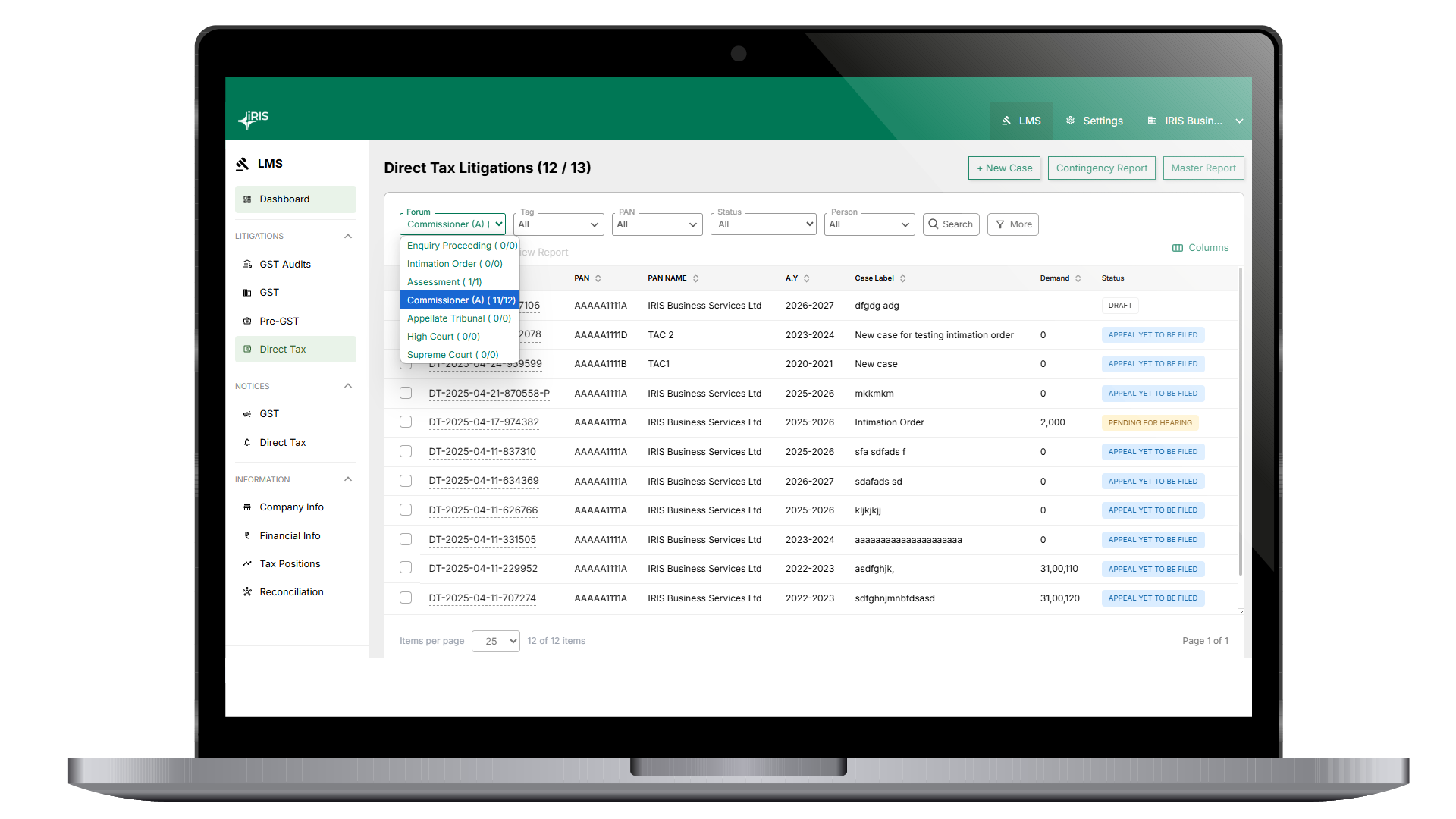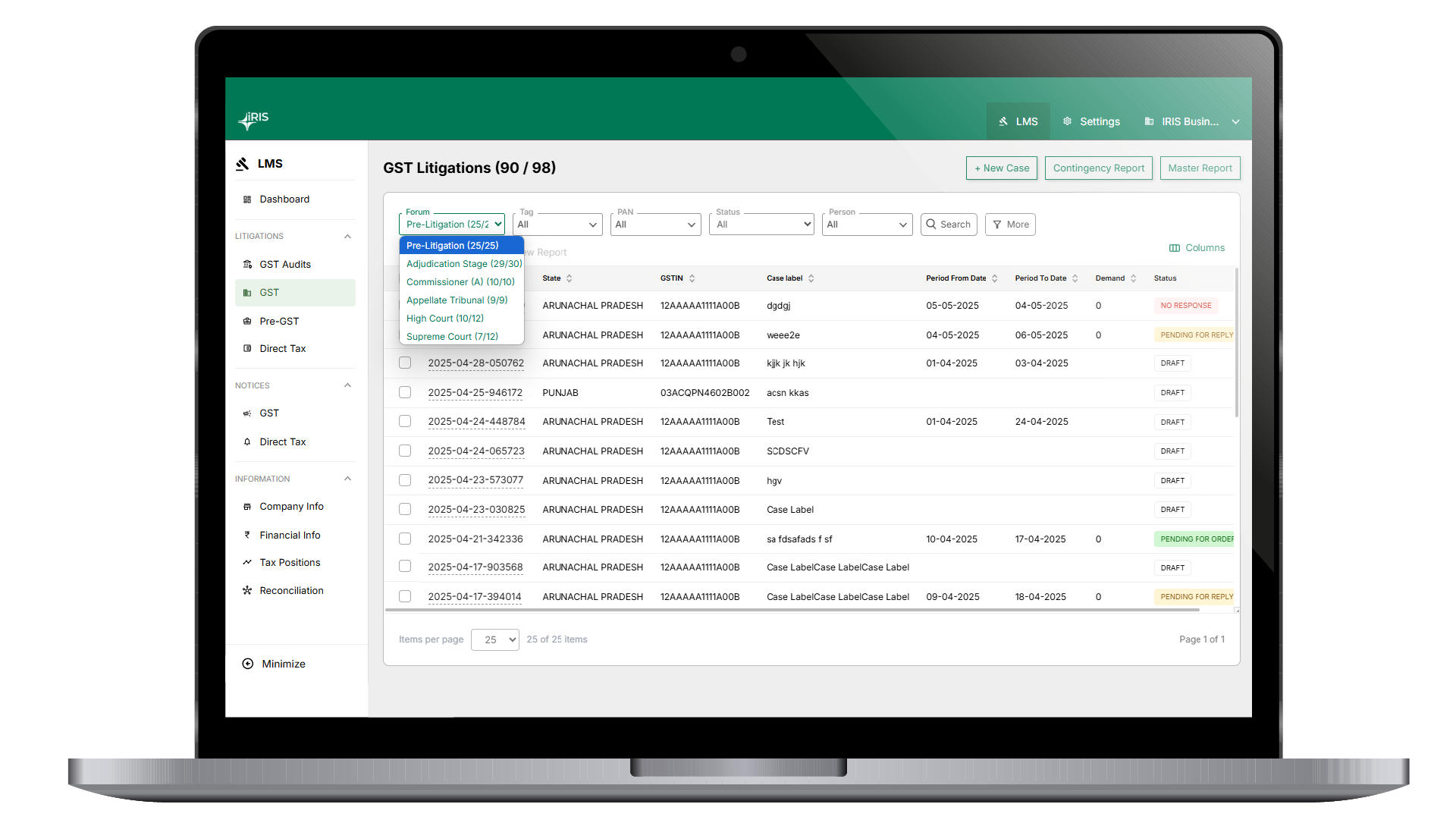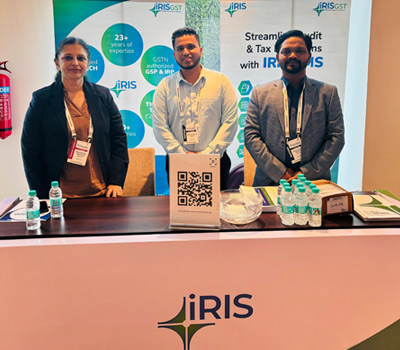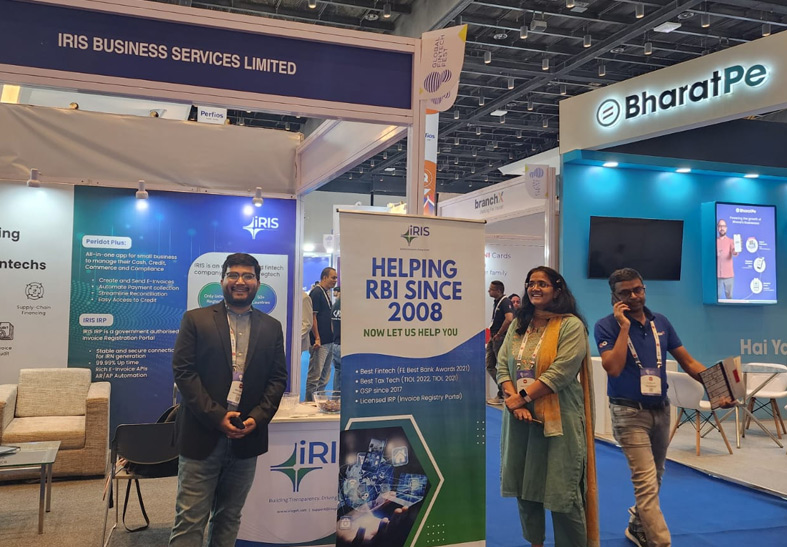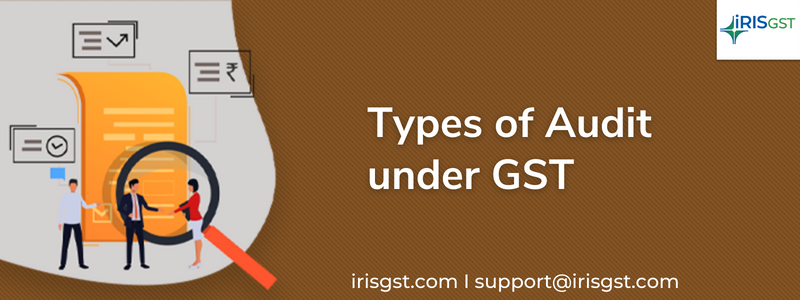
Audits under GST are a detailed examination of the books of accounts, records, and other documents of a taxpayer. The GST system is designed to be self-policing, meaning that taxpayers are expected to voluntarily comply with the provisions of the law. However, as the taxpayers are required to self-assess their tax liability, it is often susceptible to errors, further leading to unnecessary departmental interventions/litigations.
What are Audits under GST?
The objective of the audit is to verify compliance with the provisions of the GST law, including the correctness of the tax returns filed, payment of tax, and compliance with other provisions of the law. The audit may be conducted by the tax authorities, and the taxpayer is expected to cooperate and provide all relevant information and documents.
Section 2(13) of CGST Act defines “Audit” as an examination of records, returns and other documents maintained or furnished by the registered person under this Act or the rules made thereunder or under any other law for the time being in force to verify the correctness of
- turnover declared,
- taxes paid,
- refund claimed and
- input tax credit availed, and
- to assess his compliance with the provisions of this Act or the rules made thereunder;
The GST law provides for several types of audits, including:
1. Departmental Audit/Audit by Tax Authorities:
GST Departmental audit is a routine audit that is conducted on a regular basis by the tax authorities.
In order to ensure a proper calculation and discharge of tax liability, the tax authorities have been authorized to conduct an audit of the records maintained by the taxpayer. As per section 65 and Rule 101(3) of GST Audit Rules, the commissioner or an officer authorized by him can conduct an audit and verify the details of the ‘records’ and the ‘books of account’ of the registered person, along with the assistance of the team of officers and officials accompanying him.
Key Points
- The audit shall be conducted at the place of business of the registered person or their registered office
- An intimation of the audit shall be provided at least 15 days in advance in Form GST ADT-01
- The audit is to be completed within 3 months from the date of commencement.
P.S: If in case GST officers are in need of more time, the Commissioner can extend the periodicity of the audit, by a further period not exceeding 6 months.
Furthermore, upon the conclusion of the audit, the authorized officer shall inform the finding, rights and obligations, and the reasons for the given findings to the registered person, within a period of 30 days in FORM GST ADT-02. If the registered taxpayer is found at fault, such as wrongly availed/utilized ITC, the authorized officer can proceed as per the procedure laid down under section 73 or Section 74.
Read more about Departmental Audits under GST here.
2. Statutory Audit:
As per Section 35(5) of GST Audit rules, a registered taxpayer with an aggregate turnover exceeding Rs. 2 crores in a financial year was required to get his account books and returns audited by a professional chartered accountant. A certified copy of these audited accounts and a reconciliation statement were to be submitted in the form GSTR 9C via the common portal or through the Facilitation Centres as notified by the Commissioner. However, from 30th July 2021, the government has notified the removal of GST audit and certification done by CA/CMA, and hence, self-certified GSTR 9C is to be submitted from FY 20-21 by the taxpayers.
3. Special Audit:
As per section 66 and Rule 102 of GST Audit Rules, an authorized officer (not below the rank of Assistant Commissioner)at any stage of scrutiny, inquiry, or investigation may avail the services of a CA or CMA by considering the nature & complexity of the business and if the authorized officer is of the opinion that:
- Value has not been correctly declared; or
- The credit availed is not within the normal limits.
The authorized officer shall issue the direction for the audit in Form GST ADT-03, wherein the registered dealer shall be required to get his records including his books of accounts to be examined and audited by the specified professional CA or CMA within a period of ninety days from the day of passing such an order.
Key Points
- The expense of such special GST audits and examinations is paid by the commissioner.
- The period required to audit the account can be provided with an extension of additional ninety days.
- Upon conclusion of the special GST audit, the findings are communicated to the auditee in Form GST ADT-04.
4. Limited scrutiny
This is a limited audit that is conducted in specific cases where the tax authorities suspect non-compliance with the provisions of the GST law. The objective of limited scrutiny is to verify compliance with the provisions of the GST law, including the correctness of the tax returns filed, payment of tax, and compliance with other provisions of the law.
5. Taxpayer-initiated audit
This is an audit that is initiated by the taxpayer himself. The objective of a taxpayer-initiated audit is to verify compliance with the provisions of the GST law, including the correctness of the tax returns filed, payment of tax, and compliance with other provisions of the law.
The GST law provides for several consequences of non-compliance with the provisions of the law, including fines, penalties, and imprisonment. Therefore, it is important for taxpayers to ensure compliance with the provisions of the GST law, including compliance with the provisions related to audits.
To ensure compliance with the provisions of the GST law, taxpayers are advised to keep accurate and complete records of their business transactions, including invoices, receipts, and other supporting documents. Taxpayers are also advised to file their tax returns on a timely basis and pay the tax due on time.
In conclusion, audits under the GST regime are a crucial aspect of the Indian tax system, and taxpayers are expected to comply with the provisions of the law. Taxpayers are advised to keep accurate and complete records of their business transactions and to file their tax returns on a timely basis and pay the tax due on time. The consequences of non-compliance with the provisions of the GST law are severe, including fines, penalties, and imprisonment. Therefore, it is important for taxpayers to ensure compliance with the provisions of the GST law, including compliance with the provisions related to audits.
******
If you are looking for an efficient Litigation Management Software, choose IRIS LMS!
How can LMS help you?
IRIS LMS is a Litigation Management Solution (LMS) developed by IRIS in association with DAA Consulting, a specialized Indirect Tax Consulting Organization with in-depth experience in litigation, knowledge of the subject and an understanding of the practical difficulties faced by various industries.
IRIS-DAA have combined their individual strengths of Technology and Subject Matter Experiences & Expertise to develop a robust product anticipating the needs of the industry in light of the faceless assessments under GST which is in pipeline.
LMS is a cloud-based litigation management software with Artificial Intelligence, Proactive alert mechanism, extensive reporting and analytics dashboard for enterprises.
LMS is here to assist you in facing GST departmental audits and to efficiently manage GST litigations.
Further, Integration through API with GSTN Portal is under request with GSTN to enable better tracking.
What can you do with IRIS LMS?
- Track: Status of Litigations on real-time basis at GSTIN Level
- Store: Complete trail of Litigation from 1st Letter to Replies, Hearing Proceedings to Final Order
- Retrieve: Data through friendly UI with custom categorizations
- Archive: Gst Returns Data and Various Reconciliations to handle Departmental Audit in the future
- Alerts: For various Due Dates for Pending Replies, Appeals, Personal Hearings, Written Submissions






